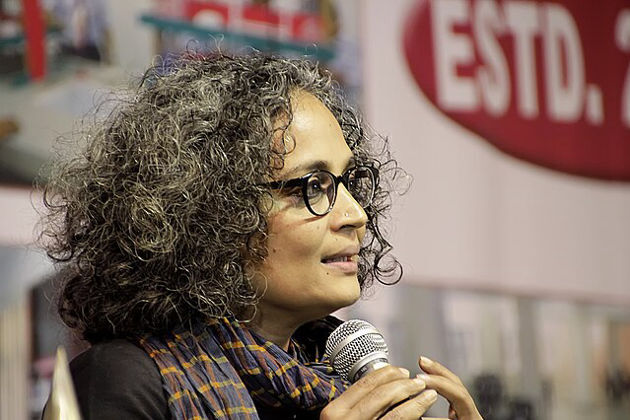Move FM Global News

Indian authorities cite ‘secessionism’ in Kashmir literature crackdown
Aug 10, 2025SRINAGAR, India: Indian authorities have prohibited 25 books in Kashmir, alleging that they promote “false narratives” and “secessionism” in a region where media restrictions have tightened sharply in recent years.
The ban, which carries potential prison terms for selling or possessing the works, targets writings by Booker Prize-winning novelist and activist Arundhati Roy, constitutional expert A.G. Noorani, and prominent academics and historians including Sumantra Bose, Christopher Snedden, and Victoria Schofield.
The order, issued this week by the region’s Home Department—under the direct authority of Lt. Governor Manoj Sinha, New Delhi’s top administrator in Kashmir—declares the 25 titles “forfeit” under India’s new 2023 criminal code. This removes them from circulation and makes their possession or access illegal within the Himalayan region. Under the code, offenses involving forfeited media can carry prison sentences of three years, seven years, or even life, though no one has yet been prosecuted under these provisions.
According to the Home Department’s notice, the identified books “excite secessionism” and threaten the “sovereignty and integrity of India.” Officials said such works have “played a critical role in misguiding the youth, glorifying terrorism and inciting violence against the Indian State.” The ban follows “investigations and credible intelligence” indicating the “systemic dissemination of false narratives and secessionist literature,” which authorities claim is “often disguised as historical or political commentary.”
Following the order, police searched bookstores, roadside book vendors, and other outlets in Srinagar and across the region to confiscate the banned works. Authorities did not confirm whether any copies had been seized.
The Press Trust of India reported that Sumantra Bose, a political scientist whose ‘Kashmir at Cross Roads’ is among the banned titles, rejected “any and all defamatory slurs” in his work.
Since 2019, the government has intensified measures against dissent in Kashmir, showing zero tolerance for narratives that challenge India’s sovereignty over the territory. In February, police raided bookstores and confiscated hundreds of titles linked to a prominent Islamic organization.
Mirwaiz Umar Farooq, a prominent Kashmiri leader, condemned the latest ban.
The move comes less than a year after an Indian court lifted the decades-long prohibition on Salman Rushdie’s The Satanic Verses, noting there had never been an official order banning the book since its withdrawal in 1988 during Congress Party rule.


